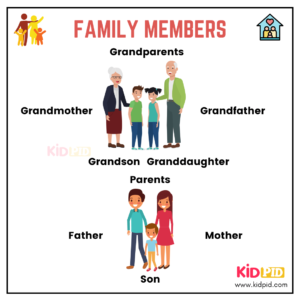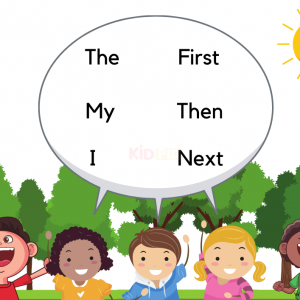Activity › Discussion › History › NON-VIOLENT MOVEMENT
-
NON-VIOLENT MOVEMENT
Posted by Sri on June 18, 2023 at 12:44 pmWhich famous leader led the nonviolent movement for India’s independence from British rule?
Gautam replied 11 months ago 2 Members · 1 Reply -
1 Reply
-
::
The famous leader who led the nonviolent movement for India’s independence from British rule was Mohandas Karamchand Gandhi, commonly known as Mahatma Gandhi. Born on October 2, 1869, in Porbandar, Gujarat, Gandhi became one of the most influential figures in India’s struggle for independence.
Gandhi’s philosophy of nonviolence, known as Satyagraha, guided his approach to leading the freedom movement. He believed in the power of truth, moral courage, and peaceful resistance as effective means to achieve social and political change. Gandhi emphasized the principles of ahimsa (nonviolence) and civil disobedience to challenge British colonial rule.
Gandhi’s leadership and activism began in South Africa, where he fought against racial discrimination and injustice faced by the Indian community. It was during this time that he developed his ideology of nonviolent resistance, which he later applied to India’s independence movement.
In India, Gandhi emerged as the leader of the Indian National Congress, a political party that played a central role in the struggle for independence. Through his leadership, he mobilized millions of Indians in various nonviolent protests, strikes, and acts of civil disobedience against British policies.
One of the most significant events led by Gandhi was the Salt March, also known as the Dandi March, in 1930. In this iconic act of defiance, Gandhi and his followers walked over 240 miles to the coastal town of Dandi to protest against the British salt monopoly. This symbolic act ignited a wave of civil disobedience across the country, drawing international attention to the Indian independence movement.
Gandhi’s commitment to nonviolence and his emphasis on communal harmony and religious tolerance resonated with people from all walks of life. His leadership united a diverse nation under a common goal of freedom and inspired individuals to stand up against injustice through peaceful means.
Despite facing numerous challenges and imprisonment, Gandhi’s perseverance and unwavering dedication to nonviolence earned him the respect and admiration of people worldwide. His leadership and moral authority played a pivotal role in India gaining independence on August 15, 1947.
Gandhi’s legacy extends beyond India’s independence. His teachings on nonviolence, equality, and social justice continue to inspire movements and leaders across the globe. His principles of peace and harmony remain relevant in today’s world, serving as a reminder of the power of nonviolent resistance in the pursuit of justice and freedom.
 Color the Common Nouns
Color the Common Nouns  Basic English Vocabulary Words For Kids
Basic English Vocabulary Words For Kids  Short Vowels Coloring Worksheets for Kids
Short Vowels Coloring Worksheets for Kids  Question Words In English
Question Words In English  Animals Quiz for Kids
Animals Quiz for Kids  Advanced English Vocabulary
Advanced English Vocabulary  Animals Name With Pictures
Animals Name With Pictures  Playtime Rhymes For Kids
Playtime Rhymes For Kids  Fruit Alphabet Book
Fruit Alphabet Book  Sight Words Comprehension Worksheets for Kids
Sight Words Comprehension Worksheets for Kids  VCOP - Openers Wall Display Reference
VCOP - Openers Wall Display Reference  The Fate Of The Arrogant People
The Fate Of The Arrogant People  The Friendship of a Cunning Wolf
The Friendship of a Cunning Wolf  Colourful Number Flashcards
Colourful Number Flashcards